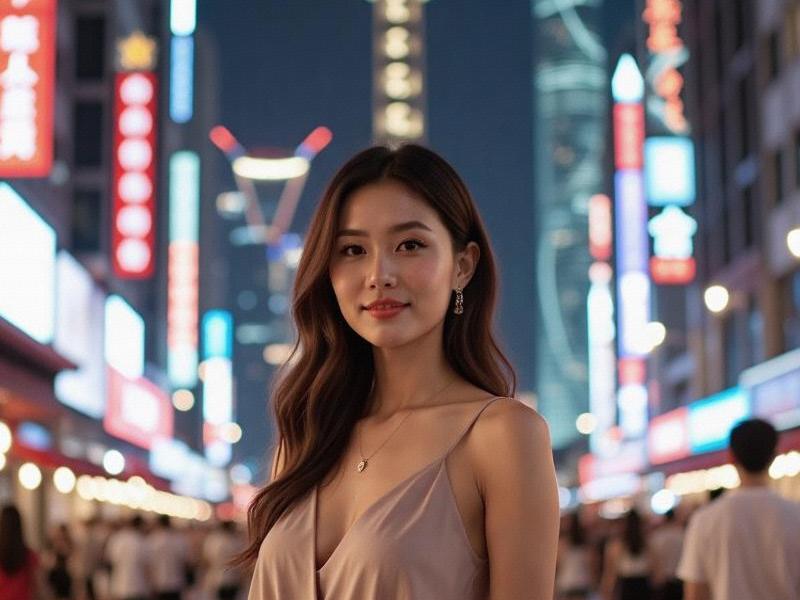This investigative report examines Shanghai's dynamic entertainment scene in 2025, exploring how traditional KTV culture coexists with modern luxury clubs and how government policies shape the night economy.

Shanghai's entertainment landscape has undergone a remarkable metamorphosis in recent years, blending traditional Chinese leisure culture with cutting-edge global nightlife trends. As of summer 2025, the city boasts over 3,800 licensed entertainment venues generating an estimated ¥48 billion annually for the local economy.
The KTV industry, long a staple of Shanghai nightlife, has reinvented itself. Major chains like Party World and Cashbox have transformed into "entertainment complexes," combining private singing rooms with VR gaming zones, gourmet dining, and even business meeting spaces. "We're no longer just about karaoke," explains Vincent Luo, operations manager at New World KTV on Nanjing Road. "Our premium rooms feature AI vocal coaching and holographic stage effects that would rival professional concerts."
上海龙凤419是哪里的 Western-style nightclubs have surged in popularity, particularly in the Bund and Found 158 areas. Establishments like Mao Livehouse and Arkham continue to draw international DJs, while newer venues like Nebula Club have pioneered "smart clubbing" with facial recognition entry, contactless payments, and real-time language translation systems for international patrons.
Government policies have significantly influenced the sector's development. The "Night Economy 3.0" initiative launched in 2023 extended operating hours for qualified venues and created special entertainment zones in Huangpu, Jing'an, and Xuhui districts. However, strict licensing requirements and regular compliance checks ensure all venues maintain high standards of safety and service quality.
上海贵族宝贝sh1314
Cultural fusion defines Shanghai's contemporary entertainment scene. At venues like The Pearl in the former French Concession, patrons might enjoy Peking opera performances followed by electronic dance music sets. "Shanghai's nightlife reflects its history as a global crossroads," notes cultural anthropologist Dr. Emma Zhang. "You'll find Bavarian beer halls next to traditional tea houses offering DJ nights."
上海龙凤419 The rise of "membership-only" luxury clubs has created new social dynamics. Spaces like Yuan Club and Cloud Nine cater to Shanghai's elite with minimum spending requirements exceeding ¥10,000 per visit. These venues often feature private art collections, celebrity chef pop-ups, and exclusive fashion previews.
Technology has revolutionized the guest experience. Over 85% of entertainment venues now use smart reservation systems, while AR cocktail menus and AI-powered lighting systems have become standard features. "Our system learns your music preferences by your third visit," boasts Leo Chen, tech director at Muse 2.0, a popular club on the Bund.
As Shanghai continues to evolve as a 24-hour city, its entertainment venues serve as both economic drivers and cultural bridges. With careful regulation preserving safety standards while encouraging innovation, Shanghai's nightlife scene stands as a model for other Asian megacities seeking to balance economic growth with urban livability.